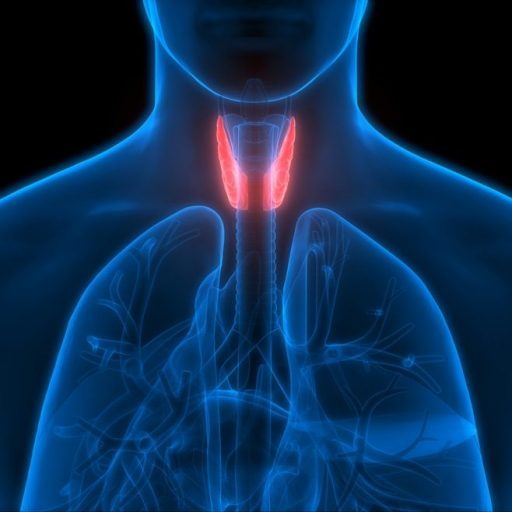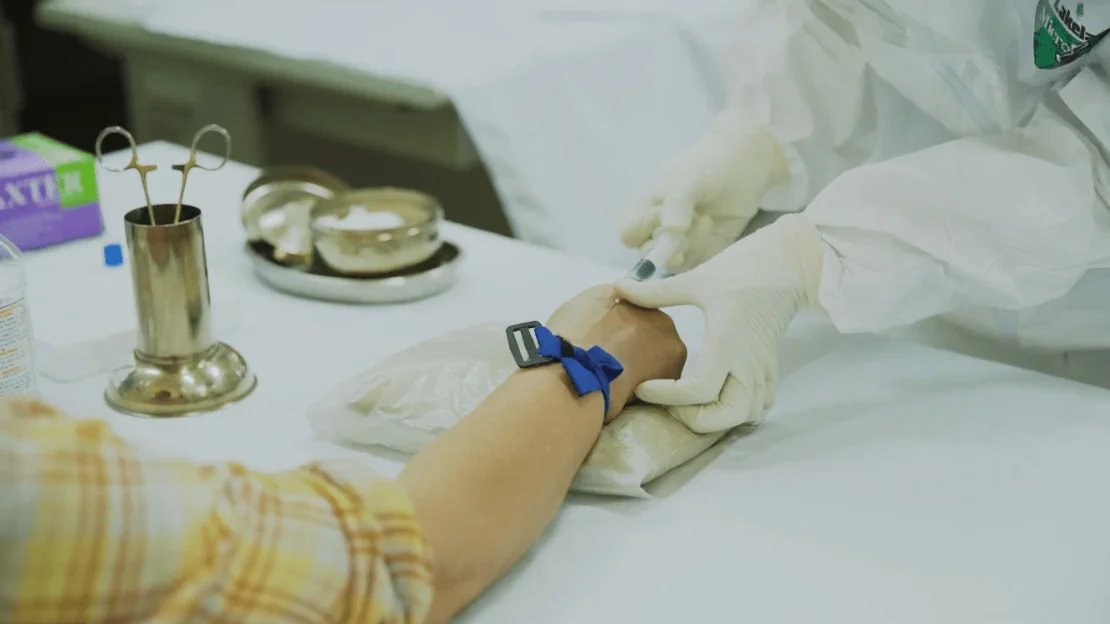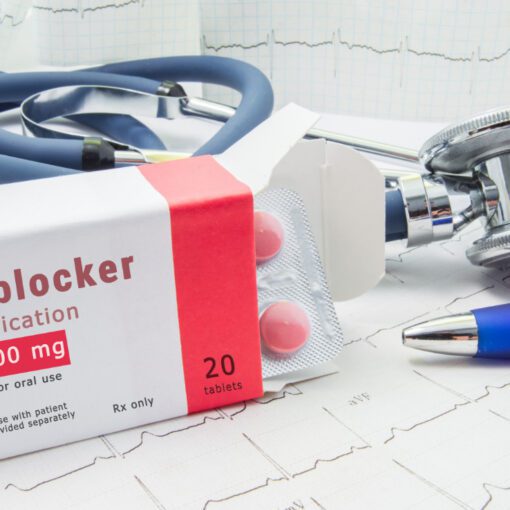Anti-thyroid peroxidase (anti-TPO) antibodies play a significant role in the diagnosis and assessment of autoimmune thyroid diseases (AITD). Consequently, understanding this key biomarker is crucial in identifying and managing these conditions. This article provides an in-depth examination of anti-TPO antibodies, their function, and clinical significance.
Anti-Thyroid Peroxidase Antibody: The Basics
TPO is an enzyme present in the thyroid gland. It plays a crucial role in thyroid hormone synthesis by catalyzing the iodination of thyroglobulin, a protein required in the production of thyroid hormones T3 and T4. In AITD, the immune system mistakenly attacks the thyroid gland, producing anti-TPO antibodies that affect the normal function of TPO. This disruption can result in thyroid dysfunction, leading to conditions such as Hashimoto’s thyroiditis and Graves’ disease.
Clinical Significance of Anti-TPO Antibodies
Anti-TPO antibodies are considered a key diagnostic marker for autoimmune thyroid diseases. Several studies have established their presence in the majority of patients with AITD, particularly in Hashimoto’s thyroiditis and in Graves’ disease. Moreover, increased levels of these antibodies have also been associated with an increased risk of other autoimmune diseases, such as type 1 diabetes and rheumatoid arthritis. Thus, determining anti-TPO antibody levels can be a valuable tool in detecting and evaluating these conditions.
Anti-TPO Antibody Testing: Procedure and Results
To measure anti-TPO antibody levels, a Thyroid Peroxidase Antibodies (TPO) Blood Test is performed on the patient. The sample is then analyzed using a technique called enzyme-linked immunosorbent assay (ELISA), which detects the presence and concentration of the antibodies. Consequently, the results are reported in units per milliliter (U/mL), with reference ranges varying between laboratories. Generally, levels above 35 U/mL are considered positive for anti-TPO antibodies, indicative of potential AITD. However, it is essential to consider other clinical findings and laboratory tests before reaching a diagnosis.
Conditions Associated with Elevated Anti-TPO Antibodies
The presence of anti-TPO antibodies is strongly linked to Hashimoto’s thyroiditis, an AITD characterized by gradual thyroid failure due to immune-mediated destruction of thyroid tissue. Additionally, increased levels are also linked to Graves’ disease, an autoimmune condition resulting in thyrotoxicosis or excessive production of thyroid hormones.
Furthermore, anti-TPO antibodies are not exclusive to AITD and can be present in other autoimmune diseases, albeit less frequently. These include systemic lupus erythematosus, Sjögren’s syndrome, and type 1 diabetes.
Lastly, elevated levels may also be found in apparently healthy individuals and can predict future thyroid dysfunction, particularly in women with a family history of AITD or other autoimmune diseases.
Treatment and Management of Conditions with Anti-TPO Antibodies
The treatment plan for patients with elevated anti-TPO antibodies primarily depends on the underlying condition. In Hashimoto’s thyroiditis, thyroid hormone replacement therapy with levothyroxine is prescribed to alleviate symptoms related to hypothyroidism. For Graves’ disease, treatment options include antithyroid medications, radioactive iodine therapy, or surgery.
Furthermore, monitoring anti-TPO antibody levels during treatment can provide valuable information about the progression of the disease and the effectiveness of the therapy. A decrease in antibody levels usually signifies a positive response to treatment and improvement in the patient’s condition.
Anti-thyroid peroxidase antibodies are valuable biomarkers in the field of autoimmune thyroid diseases. Their presence and levels provide crucial information for the diagnosis and management of conditions, such as Hashimoto’s thyroiditis and Graves’ disease. As a result, understanding the relevance and clinical significance of anti-TPO antibodies can greatly contribute to the proper care and treatment of affected individuals.
References:
1. McLachlan, S. M., & Rapoport, B. (2014). Why measure thyroglobulin autoantibodies rather than thyroid peroxidase autoantibodies? Thyroid, 24(5), 945-948.
2. Caturegli, P., De Remigis, A., & Rose, N. R. (2014). Hashimoto thyroiditis: clinical and diagnostic criteria. Autoimmunity Reviews, 13(4-5), 391-397.






